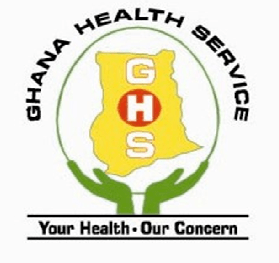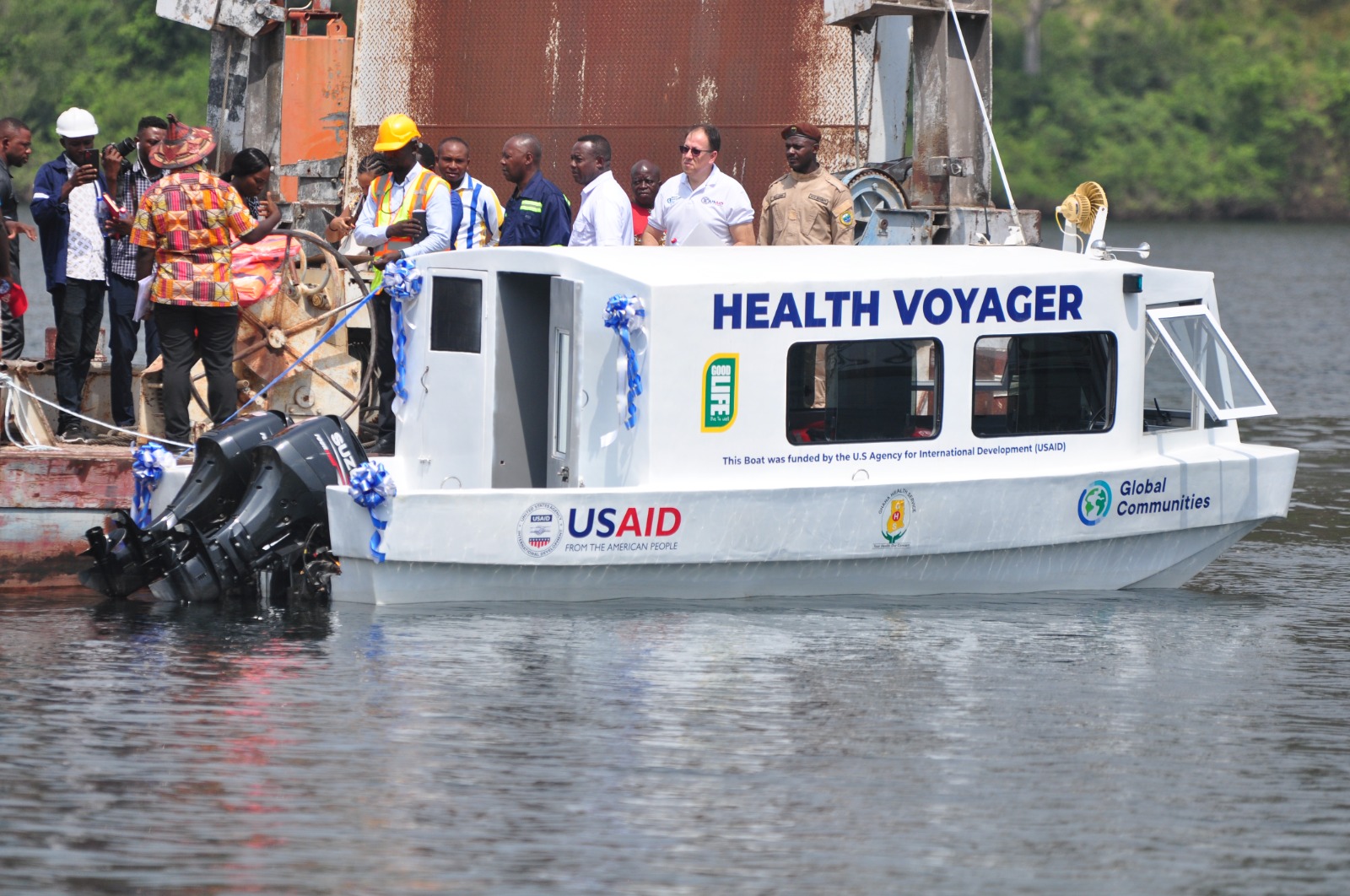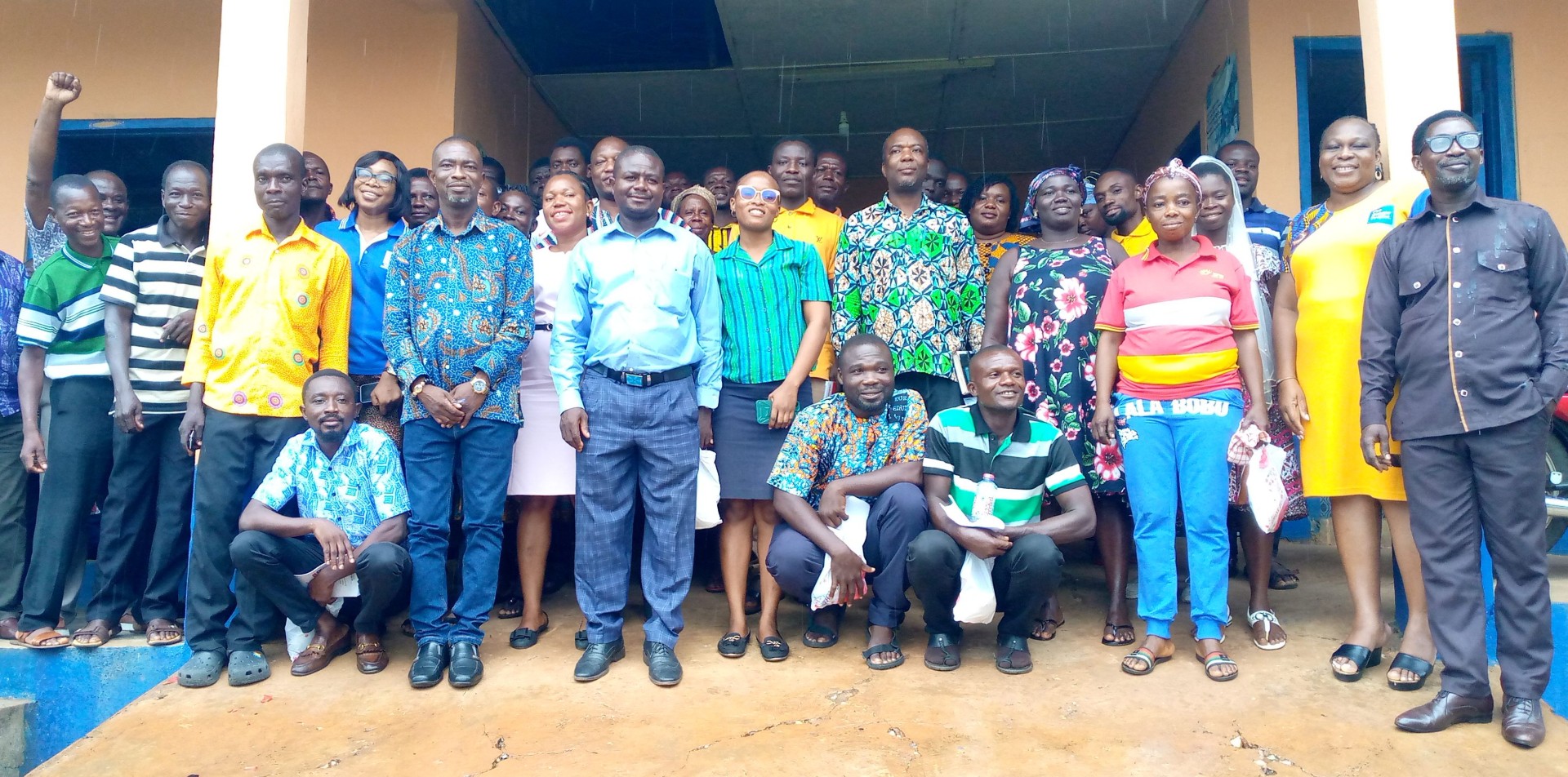
The Ghana Health Service (GHS) in partnership with the Korean International Cooperation Agency (KOICA) has launched a Community Based Health Planning Services (CHPS) project known as “CHPS +” to improve primary healthcare in the Upper East Region.
The project, valued at $9 Million US Dollars, would last for five years and was launched on the theme “Improving Community-based Primary Health Care through CHPS strengthening”.
Dr Kofi Issah, the Upper East Regional Director of Health Services, in an address, explained that CHPS was not the building of small hospitals or health centres, but a strategy which put equity, access and community participation according to the needs of the people.
He said the strategy had drawn the interest of many stakeholders and projects such as the Mobile Technology for Community Health (MOTECH) and the Ghana Essential Health Interventions Programme (GEHIP) which strengthened various building blocks of the health system, and made CHPS a sustainable strategy towards meeting the aspirations and health needs of communities in the region.
The Director said the project would specifically enhance community engagement and support CHPS to improve on the quality of Maternal, Neonatal and Child Health at health facilities in the 13 districts of the region.
“Over the next five years, all partners here; community, local government, policy makers, opinion and traditional leaders, the GHS and KOICA will be expected to work hard to make this project worthy of emulation not only for the rest of the regions of Ghana, but also other regions of developing countries the world over.” He said.
Dr Issah underscored the need for disciplined work force, increased efficiency at all levels, and to make facilitative supervision a strong pillar of support for CHPS, and further appealed to stakeholders to act as a strong voice for partnerships, and support projects which benefitted communities.
Mr Woo Chan Chang, Country Director of KOICA Ghana, in a speech read on his behalf, said it was important for stakeholders involved in the project to work in synergy to achieve the ultimate goal, saying; “we should not be strangers towards one another.”
“This is not only limited to our colleagues in headquarters and regional offices; the leadership of the District Directors, District Assemblies, Sub-District Directors and Chiefs play a very important role in the success of this project.”
He said the first pillar of the “CHPS +” involved four pillars, the first and second pillars were “capacity building and human resource empowerment”, and “sustainable procurement.”
Mr Chang said the former involved various types of training, sensitization and other activities to strengthen the software of the health system while the latter was about the provision of hardware to support and empower the former.
The Country Director called for sustainability so that when the project ends in 2020, the maintenance cost could be self-sustained by the people of the region.
He said the fourth and third pillars were aimed at evidence generation and accountability respectively.
The Community Based Health Planning Services were conceived at the Navrongo Health Research Centre in the Kassena Nankana District where it was first practised on model bases and later adopted nationwide as one of Ghana’s answers to the principles of primary health care.
It is being implemented in over 6,000 GHS zones in the country, and 290 functional zones in the 13 districts of the region.
GNA

















Facebook
Twitter
Pinterest
Instagram
Google+
YouTube
LinkedIn
RSS